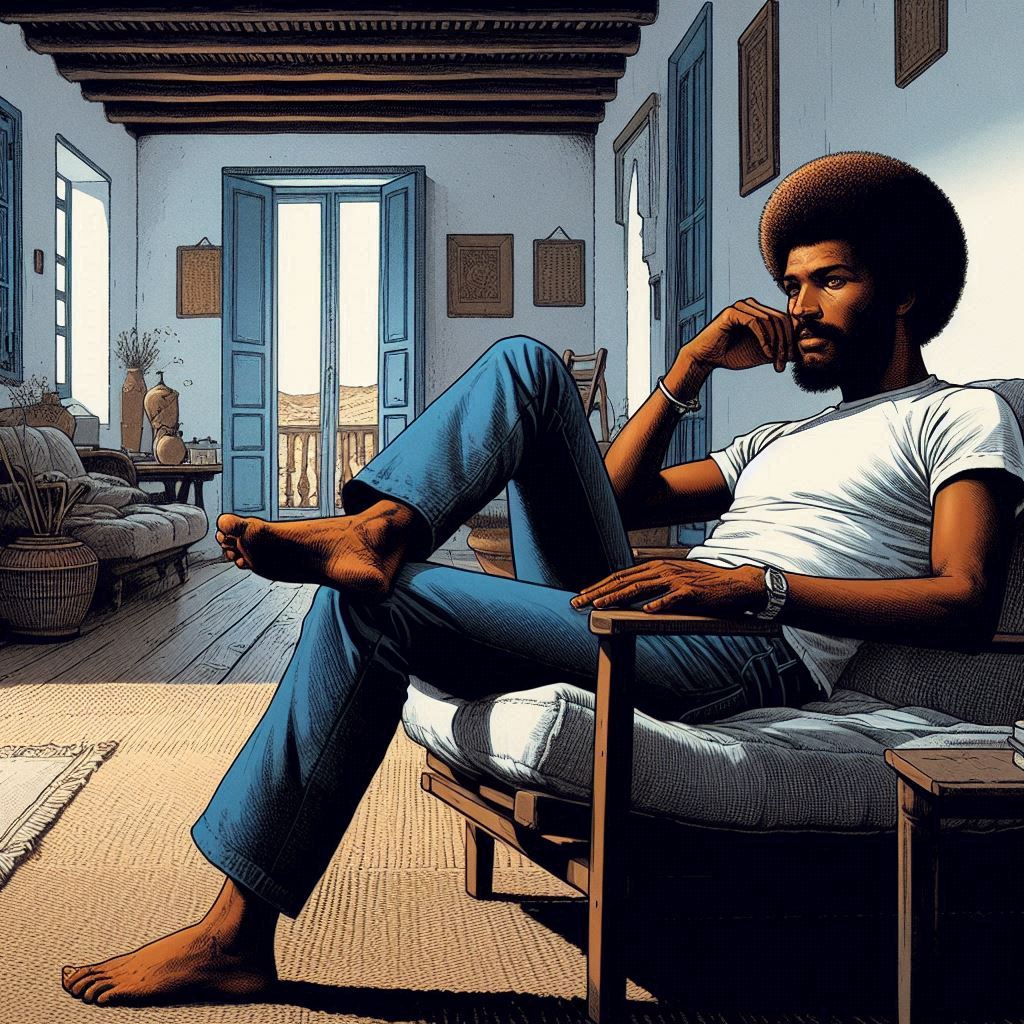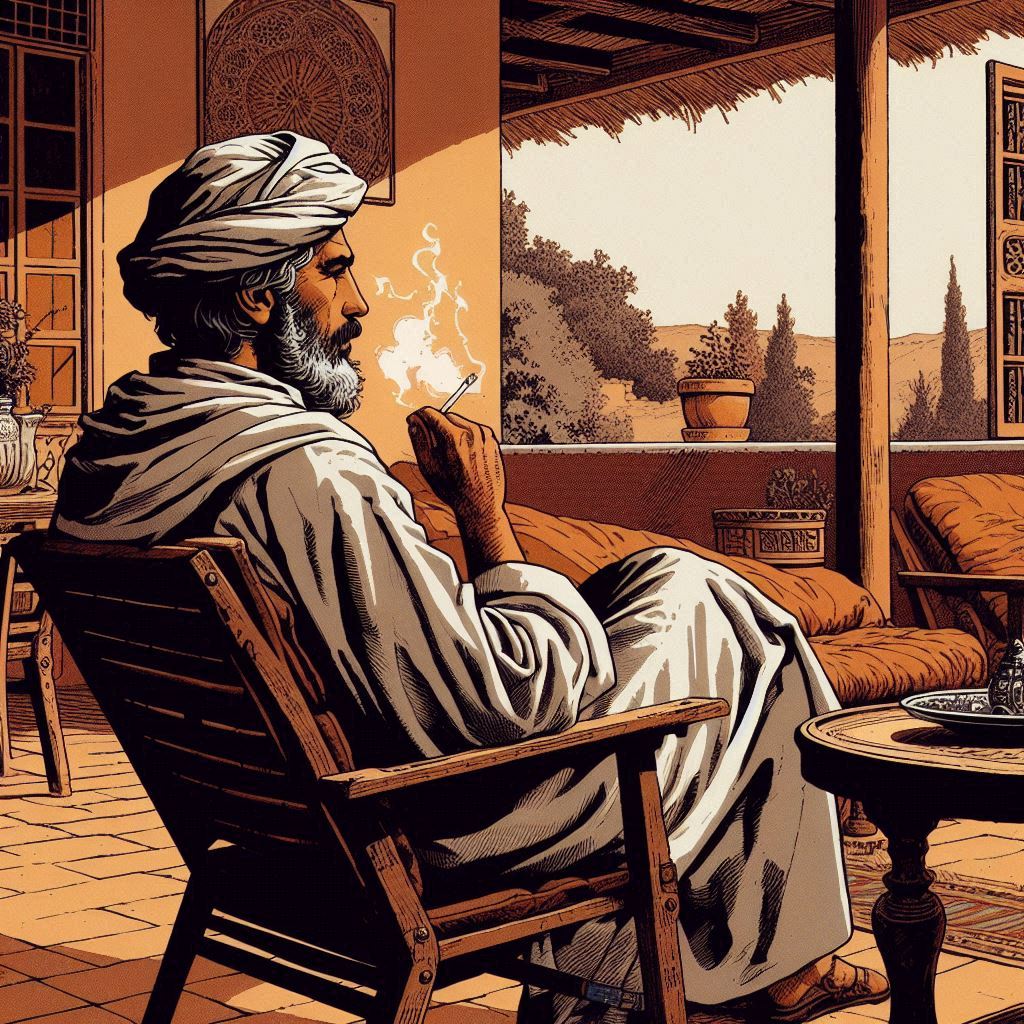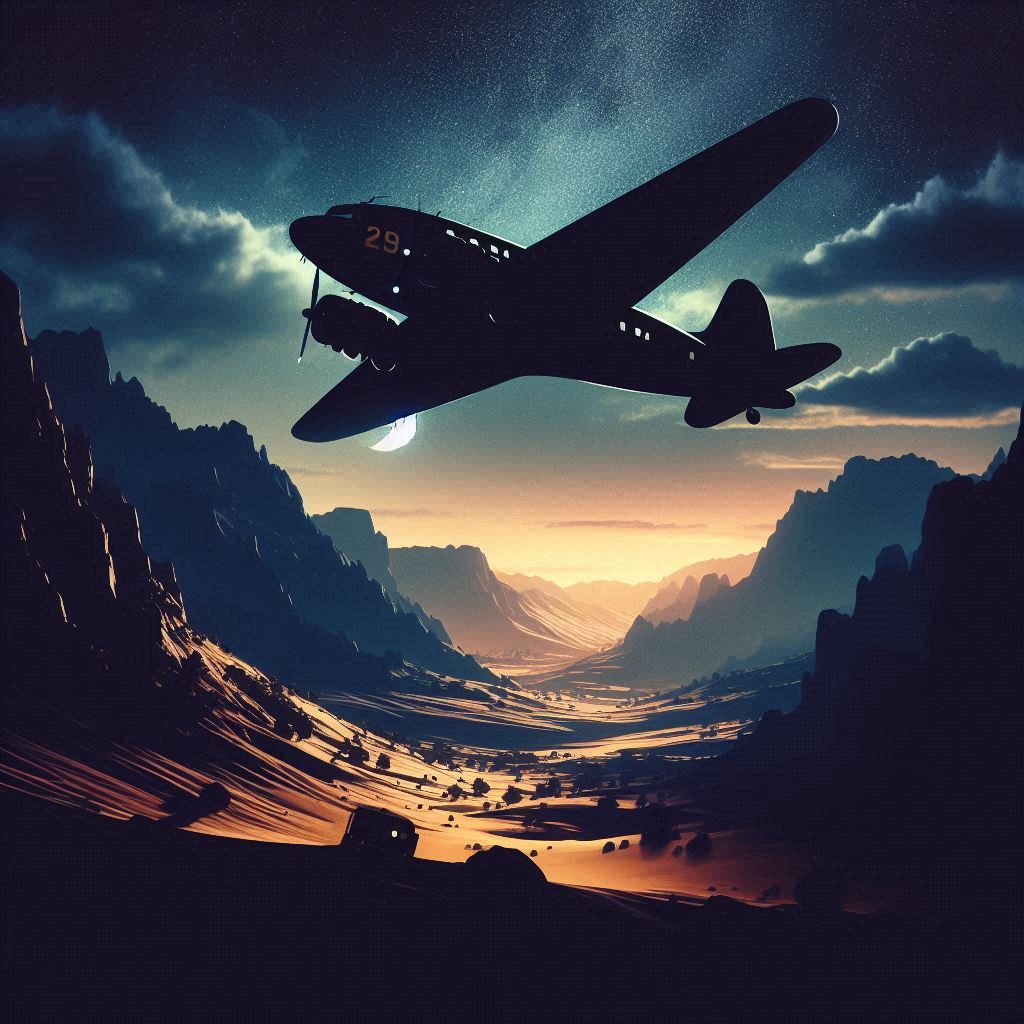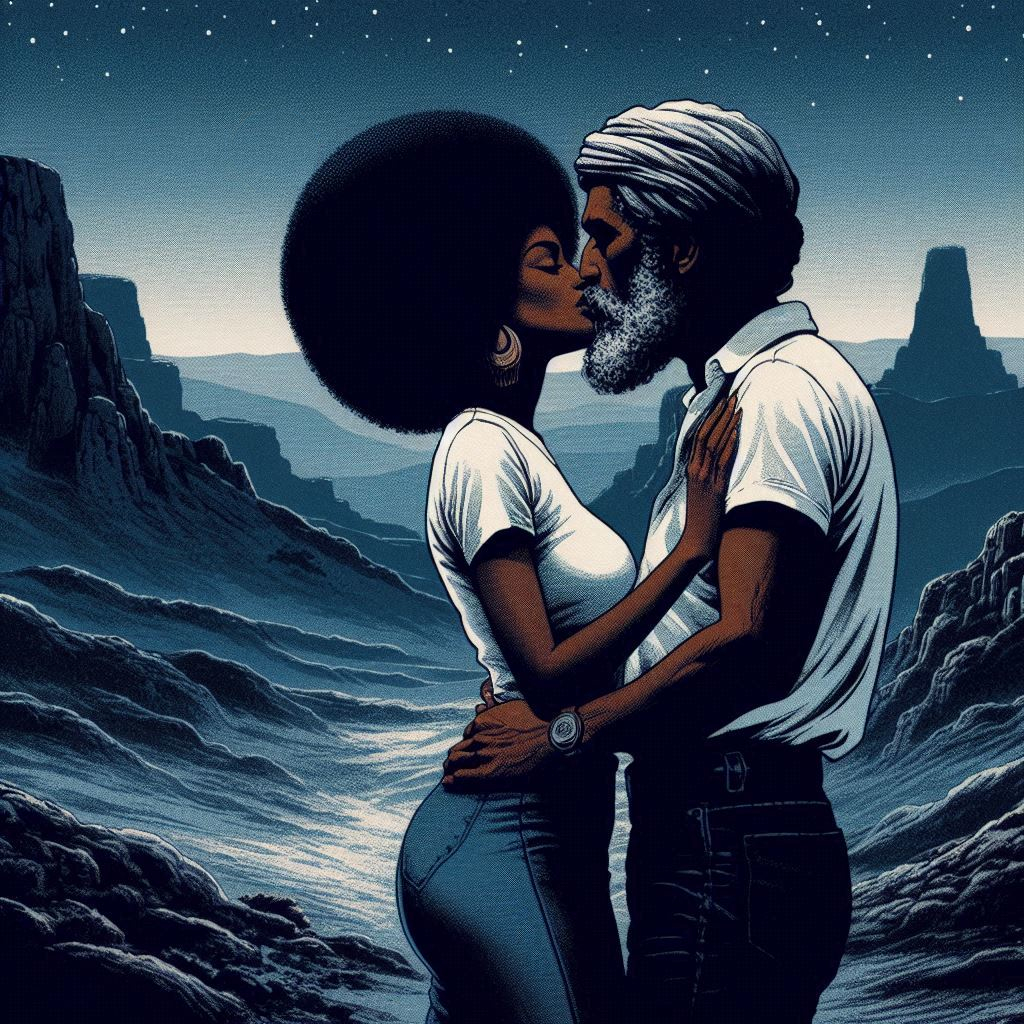Gorilla Republic: Deutschland: Part 27
24 April 2025

“He offered 36 dollars per ounce.”
“How much is that in total?”
“It comes to around a hundred and twenty-six thousand dollars, give or take.”
Mapacha remained unfazed and turned to Banou, pressing on.
“And we can leave tomorrow night?”
“If Gwafa can make it and Makhlouf pays us, I don’t see why not.”
“OK. Tell Makhlouf we have a deal. I want to go back to Josephine.”
So did she. She missed her life there; her shop, her rhythm.
“So, we have a deal then?”
Mapacha sighed, irritated, and simply nodded. She left his apartment and sought out Makhlouf.
She found him comfortably slouched in a lounge chair, the small box open on his lap, eyes transfixed by the hamsa. It unsettled her. He looked lost in it.
“Makhlouf,” she called softly, “Mapacha agreed to the deal.”
He remained still, spellbound by the shimmering jewels. It had taken him nearly thirty years to reclaim the hamsa. Banou could not fathom the depth of what this meant to him.
“Hey, Makhlouf? Did you hear me?”
He flinched slightly, looked up, and slowly set the box down. Without a word, he disappeared into his office. A minute later, he returned with a thick bundle of money and handed it to her. She took it silently. He sat back down, picked up the box, and once again sank into his trance.
“Thanks,” she muttered, but Makhlouf was already far away.
She left the room and returned to Mapacha’s apartment, where he still sat exactly where she had left him. Without speaking, she handed him the money. He placed it on the table and remained sullen. They had done what they came to do. Now, it was time to go home.
**

Banou was the first to wake up that morning, unusual for the pair. She found Makhlouf on the verandah, smoking and sipping coffee.
“Morning, island girl.”
“Hi.”
“Did you sleep well?”
“I did.”
“Want some breakfast?”
“Not just yet. I need to call our guy to plan the flight. We want to leave tonight.”
Makhlouf sighed.
“I wish you could stay longer. Your company’s been lovely. This place. . . it could use a woman’s touch.”
Banou raised an eyebrow.
“But your entire crew is women. Everyone here, except you.”
Makhlouf chuckled and stroked his grey beard. She clearly did not get it.
“The phone’s in my office. Help yourself.”
She walked into his office and sat in his enormous Arne Vodder Sibast Model 419 chair. The rich leather enveloped her, and for a moment, she got lost in its luxury. But she snapped back to focus, picked up the receiver, and asked the operator to place a call to Gwafa. Ten minutes later, the phone rang.
“Hey Banou,” Gwafa’s voice crackled through.
“Hi Gwafa. Mapacha says we are ready to go.”
“Tonight?”
“Yes.”
“Same place, same time?”
“Yes.”
She had not even cleared it with Makhlouf, but she decided it was settled.
“Get ready then. I might be a little late, but I will do my best.”
“OK.”
The call ended. When the phone rang again, she ignored it. She walked back outside and found Mapacha and Makhlouf having breakfast in silence.
“Everything is confirmed.”
Mapacha nodded.
Makhlouf turned to her.
“Same place and time?”
“Yes.”
“Alright. I shall make the arrangements.”
She sat and joined them for breakfast.
**

That evening, the desert was still and moonless, Makhlouf’s favourite kind of night. He loved the dark. There was a certain thrill in it, a romanticism to the so-called “smuggler’s moon,” even when the moon did not show.
They had been waiting for over two hours. Gwafa was late. Everyone paced about restlessly. Banou and Makhlouf smoked in silence. His veiled comrades, shadows cloaked in deeper shadows, watched and waited.
Above them, the occasional airliner cut through the sky en route to Europe. Too high, too distant.
Mapacha’s ears pricked. He stopped and listened.
“Gwafa’s here.”
Everyone turned in the direction they expected, but there was nothing, just the desert wind and the creatures rustling in the sand. Mapacha went to the boot of the Mercedes and hauled out the suitcases. Makhlouf looked on, confused.
Then, almost five minutes later, the distinct chop of twin Wasps grew audible in the distance.
“How did you know?” Makhlouf asked, genuinely surprised.
“I heard him.”
“But we did not.”
Mapacha stared at him blankly.
Moments later, the plane dropped altitude and banked for its approach. When it was aligned, Gwafa switched on the landing lights.
“Lights!” Makhlouf barked like a movie director.
The makeshift runway lit up, and the Skytrain corrected its heading. The roar grew louder. The touchdown was clean, a short bounce, then a slow roll to a stop. As the plane settled, the lights snapped off. It turned slowly, the engine winding down. After four minutes, the propellers stopped. The service door swung open.
The desert erupted into movement. A diesel tractor pulled a trailer to the plane. A generator thundered alive. Makhlouf stood back as his team, sharp, focused, and precise, sprang into action. Gwafa opened the cabin door and climbed down, stretching before lighting a cigarette. For a moment, he watched the women work.
The roller-compactor followed the water lorry, spraying and pressing the sand to ready the strip for take-off.
“Hey guys,” he greeted, walking up to them.
They waved.
“This is great, Makhlouf,” he said, shaking his hand.
Makhlouf, beaming, gave a small bow. Praise from a pilot meant a lot.
About 45 minutes later, the operation was complete. The tanker was pulled away.
Mapacha extended his hand.
“Thank you for your hospitality.”
Makhlouf clasped it warmly.
“You are welcome any time. I am grateful you have helped me reclaim my family’s heritage. They will never forget it.”
Mapacha and Gwafa loaded the suitcases of money, audio gear, and personal bags, into the plane. Banou remained with Makhlouf.
“Well, island girl,” he said, “you and your crew actually delivered. I’m impressed. If I need more work done, I will call you.”
Banou smiled, glowing with pride.
“Well, Makhlouf. . .”

Before she could continue, Makhlouf grabbed her by the waist, and dragged her to himself, and slowly kissed her. It was soft, it lingered like a secret, a silent communication that expressed longing and tenderness. Deliberate. Warm. Banou’s breath slipped away as her eyes fluttered shut, and she savoured the warmth and intimacy of the moment. She felt the tiny warm electric ripples of pleasure explode through her body, and for a moment, it was all still. Everything around them fell away. A fade in the loss of the sweetness of the kiss. Their heart beat in a unifying synchrony, and their pulses hastened with each tiny moment and wrapped them in an invisible thread of desire. And in that single fleeting instant, the whole world ceased to exist save for the electrifying connection between them, a silent promise of passion, a whisper of something unspoken, something deeper than goodbye.
From the cockpit, Mapacha and Gwafa stared in awe. The Wasps roared, and the moment ended. Breathless, Banou pulled back.
“Makhlouf. . . you have to understand. . .”
He placed a finger on her lips.
“There is nothing you need to say.”
Still dazed, she turned, forced her legs to walk away, and climbed into the plane, shutting the door behind her. Outside, the chocks were pulled. Makhlouf lit a cigarette. Banou watched from the window and suddenly craved one herself.
The runway lights blinked on. The plane rolled forward, picked up speed, lifted shakily and then caught the wind, rising into the Moroccan sky.
In the cockpit, Gwafa and Mapacha laughed and chatted like brothers reunited. Apart from their voices and the engine's hum, the cabin was silent. At dawn, they touched down in Nouakchott for fuel, cigarettes, and a toilet break. Then they were back in the air. During the next leg, Banou and Mapacha repackaged the money into diplomatic bags, sealed them, and watched Gwafa attach French government manifests.
By midday, they landed on the island. Gwafa’s eyes were red from the journey, but they had made it. Immigration barely looked at their passports. Customs, seeing the diplomatic seals, didn’t ask a single question. Outside, the suitcases were loaded into a taxi. Banou rode with it up to Barra. Mapacha and Gwafa each found their own rides and headed off.
They were finally home.